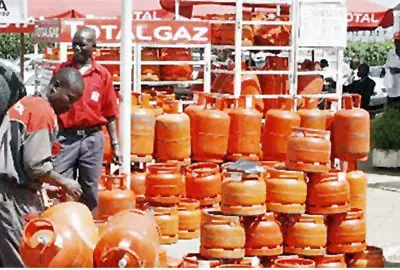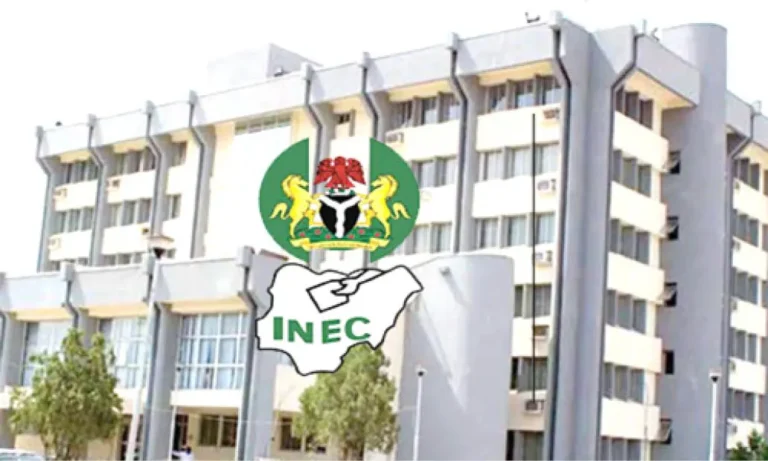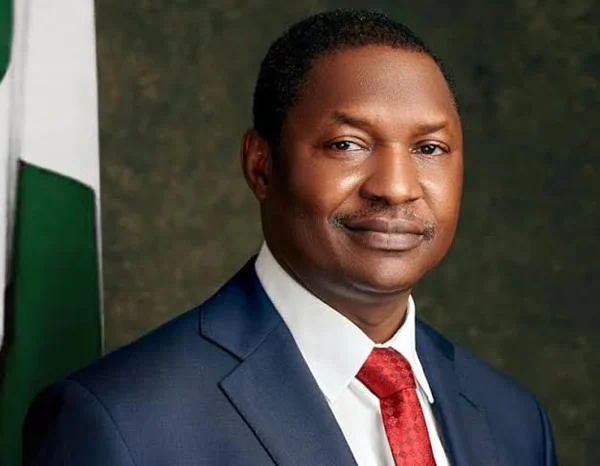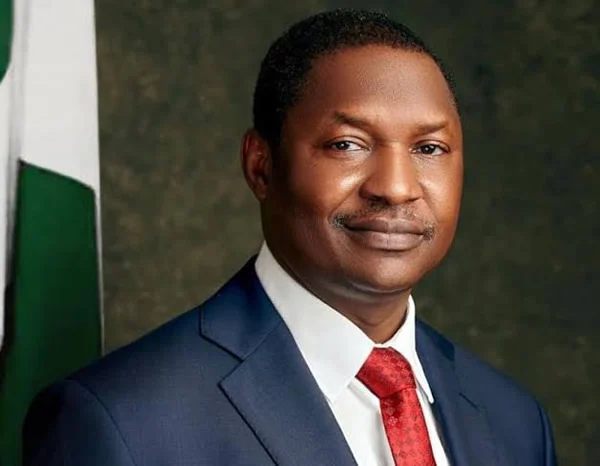
The price of Liquefied Petroleum Gas, LPG, otherwise known as cooking gas, has remained high despite assurances from marketers that the product will return to its pre-October price range of N950 to N1,000 per kilogram (kg).
A visit to some gas stations in Lagos shows that the product was sold yesterday at between N1,200 and N1,400 per kg.
At Gasland, Igando in Ikotun Lagos and Mac Rich gas plant at Cele-Okota, also in Lagos one kg was sold at N1,200 while others sold the product at N1,300 and N1,400 depending on the location.
Addressing the price issue, some officials of gas plants who spoke on condition of anonymity said: “As at last month, we sold cooking gas at N900 and N950 per kg, presently we retail at N1,200 per kg. This is the situation we find ourselves in the country. We hope the price drops further in the coming weeks.”
Further investigation revealed that retailers that buy the product in large quantities of between 150 to 200kg pay N1,104.
However, in a phone interview, the outgoing President of Nigerian Association of Liquefied Petroleum Gas Marketers, Mr. Olatunbosun Oladapo, blamed the sustained high price on backlog of unsupplied product, maintenance and refinery logistics, but he added that normalcy will return in the coming weeks.
He expressed optimism that normalcy will return with the entry of Seplat Energy gas into the market combined with increased production from Dangote Refinery and other ongoing investments in gas infrastructure which are expected to ease supply pressures and stabilise prices nationwide.
Speaking at the Association’s 38th Annual General Meeting, AGM, the outgoing President highlighted the country’s LPG consumption which rose from 900,000 metric tonnes in 2021 to 2million metric tonnes in 2025.
“About four years ago, national consumption of LPG was between 900,000 metric tonnes and 1 million metric tonnes. Today, it has risen to 2 million metric tonnes.
By the first quarter of next year, LPG consumption will hit 3 million metric tonnes per annum”.
He attributed the rise in volume to increased investment, collaboration with government agencies and rising public acceptance of gas as a domestic energy source.
He noted that the sustained policy support and private sector participation, the association’s goal of hitting 6 million metric tonnes will be achievable. He stated: “Through our collaboration with the Federal government under the Decade of Gas initiative, we have been able to deepen the future of LPG in Nigeria”.
VANGUARD.




